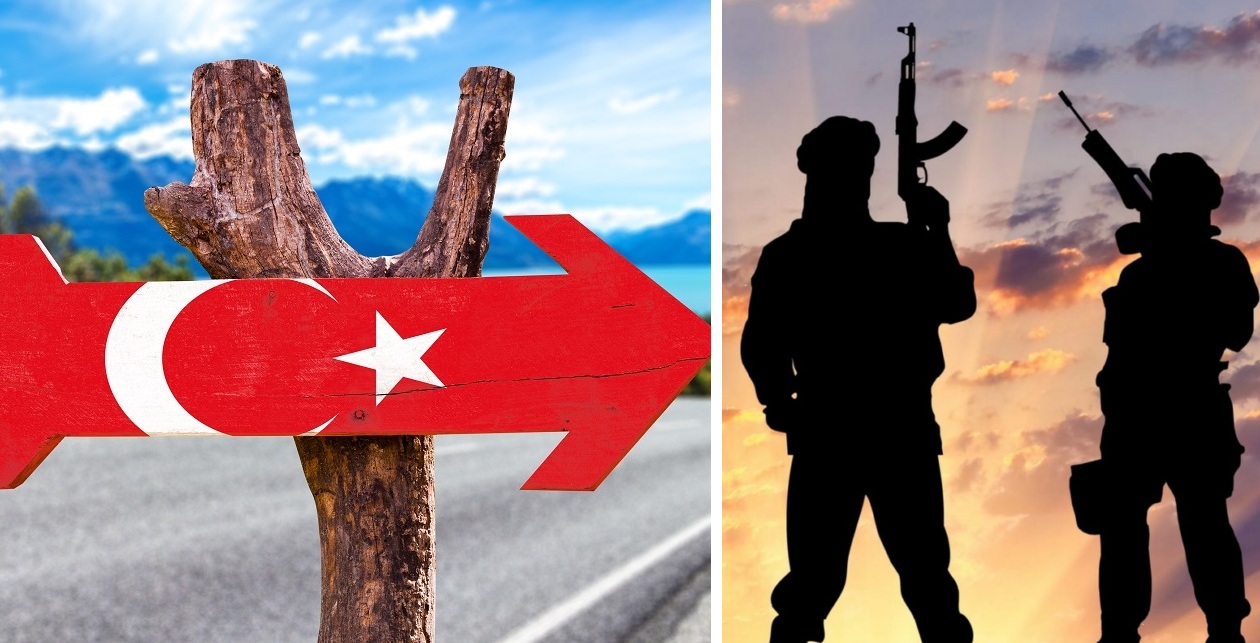Another country has warned its tourists about the risks of vacationing in Turkey. The Canadian authorities said that “a terrorist attack could happen at any moment” in Turkey. The country updated its travel warning for Turkey and said “a terrorist attack could happen at any moment”.
An update released by the Canadian administration stated that “following the Koran burning incidents in Europe, terrorists may retaliate by attacking tourists in Turkey.” The warning, as quoted by Canadian media, said that “terrorists may target places of worship, diplomatic missions, and places frequented by foreigners, particularly in Istanbul and Ankara.” Canada also added that Turkey “is under threat from both domestic and international terrorist groups,” and terrorist attacks in general “increased in the south and east, but were also previously observed in major cities.”
Also, in the Canadian warning, a list of dangerous places where terrorists can target was compiled. It looks like this:
- crowded places;
- places with heavy pedestrian traffic and places where foreigners gather;
- commercial institutions;
- municipal buildings;
- public transport stops;
- crowded streets;
- long queues at tourist attractions;
- places of worship.
We will remind you, about a dozen countries have already issued such warnings. Following the scandal in which far-right Danish-born Swedish politician Rasmus Paludan burned a Koran in front of the Turkish embassy in Sweden, countries such as the US, France, Italy, Spain, Germany, and Sweden issued travel warnings to Turkey. The Ministry of Foreign Affairs of Great Britain was the last to “stand out” – the issnoticening read: “Terrorists are most likely to try to carry out attacks in Turkey. Most of the terrorist attacks occurred in the southeast of the country, as well as in Ankara and Istanbul. There is a possibility that citizens of Western countries may become targets or victims of attacks, especially in large cities. Attacks can be indiscriminate and occur without warning, including in places frequented by foreigners, touching public buildings, religious places, large events or mass gatherings of people.” Read the details in the exile. It should be noted that Great Britain is Turkey’s third mass tourist market after Germany and Russia.
Also, by the way, some diplomatic institutions have been closed on the territory of Turkey. More precisely, according to Turkish media reports, the British, Dutch, and German consulates in Istanbul are “temporarily closed this week for security reasons.”
By the way, Turkey did not remain in debt in this “exchange of courtesies”. Last week, the Turkish Foreign Ministry issued a similar warning to its citizens, urging them to exercise caution is restraint. “Recently, there has been a surge in anti-Islamic, xenophobic, and racist actions in various European countries, as well as propaganda against our country by groups associated with terrorist organizations,” the Turkish Foreign Ministry said. He declared the “dangerous extent of religious intolerance and hatred in Europe” and the “alarming level that racist and discriminatory movements have reached there”.
As a result, Turks living or traveling in European countries are urged to “exercise caution, avoid areas where protests may become more intense, maintain composure in the face of potential xenophobic and racist harassment and attacks, contact local security forces, and closely monitor local mass media”.

